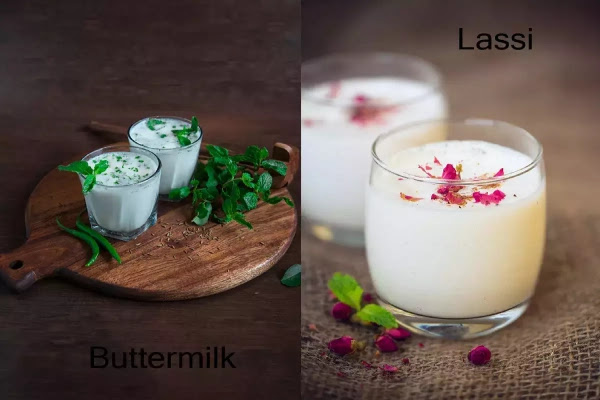Featured
- Get link
- X
- Other Apps
Three Diet And Nutrition Tips To Gain Muscles Faster

Building muscle requires a combination of regular strength
training and a well-balanced diet. To gain muscle mass faster, it's important
to focus on proper nutrition and fuel your body with the right nutrients. Here
are three diet and nutrition tips to help you maximize your muscle-building
potential.
Increase Your Caloric Intake:
To build muscle, you need in the direction of consume more calories than your body burns. This is known as a caloric surplus. When you provide your body with excess calories, it has the necessary fuel to build and repair muscles. However, it's crucial to make sure those extra calories come from nutritious sources.
Start by calculating your daily caloric needs using an
online calculator or consulting with a registered dietitian. This will give you
an estimate of the sum of calories you need to maintain your current weight. To
promote muscle growth, aim to consume an additional 250-500 calories per day,
depending on your goals and activity level
Focus on consuming nutrient-dense foods that are rich in
protein, carbohydrates, and healthy fats. Lean sources of protein, such in
place of chicken breast, turkey, fish, eggs, and legumes, should make up a
significant portion of your diet. Carbohydrates from whole grains, fruits,
vegetables, and sources like sweet potatoes and brown rice are essential for
energy. Don't forget to include healthy fats from sources like avocados, nuts,
seeds, and olive oil, as they provide valuable nutrients and support hormone
production.
Prioritize Protein Intake:
Protein is the creation block of muscles, and consuming an
adequate amount is crucial for muscle growth and repair. Aim to consume around
1.2-2 grams of protein per kilo of body weight per day, depending on your
activity level and individual needs. For example, if you weigh 75 kilograms,
your protein intake should range from 90 to 150 grams per day.
Include high-quality protein sources in each meal, such as lean meats, poultry, fish, eggs, dairy products, tofu, tempeh, legumes, and protein-rich grains like quinoa. Whey protein supplements can also be a convenient option to meet your protein needs, especially post-workout when your muscles require amino acids for recovery. Remember to spread your protein intake evenly throughout the day to optimize muscle protein synthesis.
Time Your Nutrition:
The control of your meals and snacks can significantly
impact muscle growth. Here are a few key points to consider:
Pre-Workout Nutrition: Fuel your body with a balanced meal
or snack containing carbohydrates and protein about 1-2 hours before your
workout. This will provide the necessary energy for your training session and
prevent muscle breakdown.
Post-Workout Nutrition: After your workout, your body is
primed for nutrient absorption. Consume a combination of protein and
carbohydrates within 30 minutes to an hour of finishing your training session.
This will kickstart muscle recovery and replenish glycogen stores. A serum
protein protein shake with a banana or a turkey sandwich on whole-grain bread
are excellent post-workout options.
Meal Frequency: Instead of consuming three large meals, consider spreading your food intake across 4-6 smaller meals throughout the day. This approach helps maintain a steady supply of nutrients and supports muscle growth.
Hydration: Staying adequately hydrated is often overlooked
but is crucial for muscle function and recovery. Aim to drink amply of water
throughout the day, especially during and after exercise.
Additionally, don't forget to prioritize sleep and recovery.
Sleep is a vital component of muscle growth and repair. Aim for 7-9 60 minutes
of quality sleep each night to optimize your gains
Remember that building muscle takes time and reliability. It's essential to combine these diet and nutrition tips with a well-designed strength training program to achieve the best results. If you have any underlying health conditions or specific dietary needs, it's always advisable to consult with a registered nutritionist or health care professional before making significant changes to your diet.
- Get link
- X
- Other Apps
Popular Posts
Refreshing Cold Soup Steps To Chill On Hot Summer Days
- Get link
- X
- Other Apps

